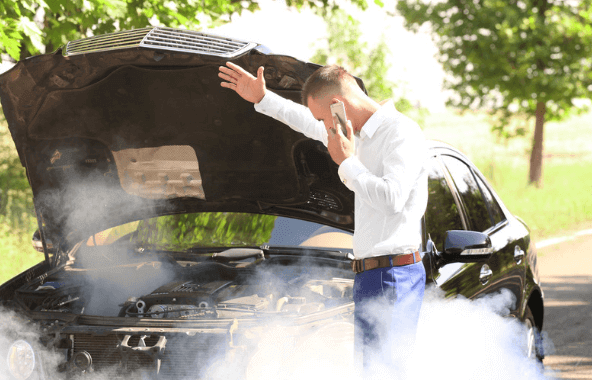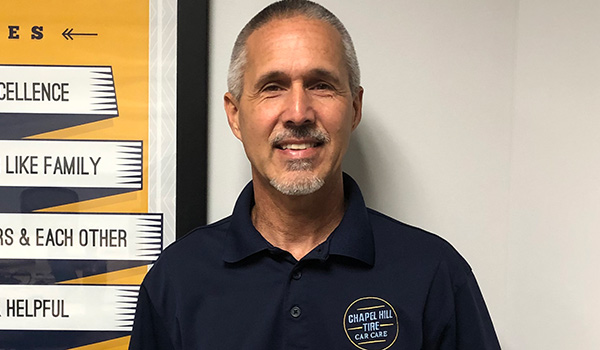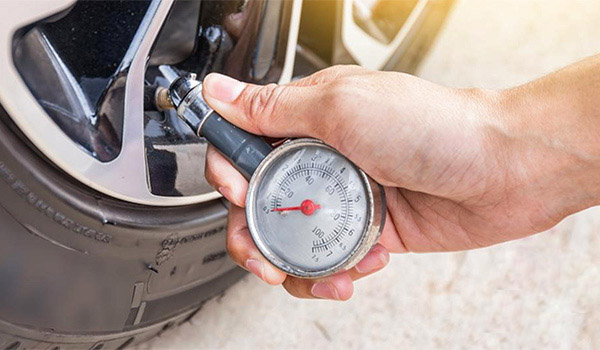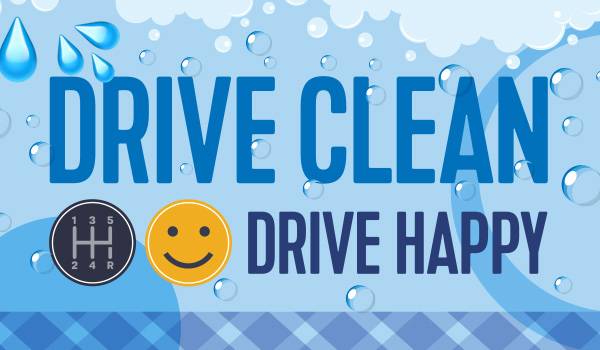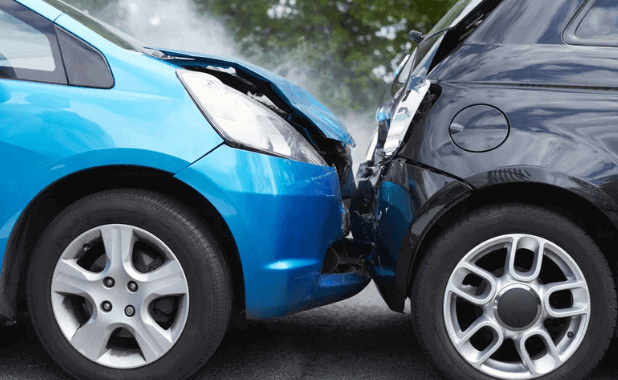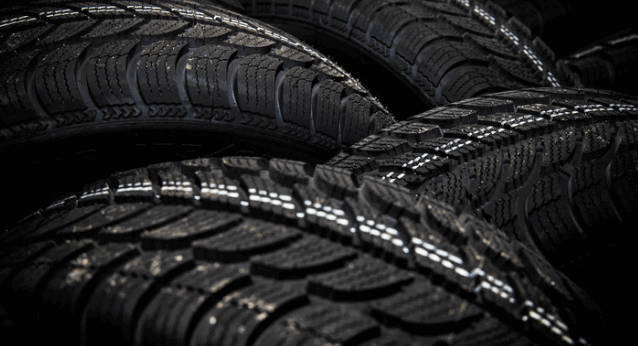Chapel Hill Tire is proud to open the doors to our newest location: Chapel Hill Tire of Cary—the former location of Bull Tire & Service. While we have been serving Cary drivers through our 9 other Triangle-area locations, we are excited to formally find a Cary home base for our world-class service. You can read more about our new location below, or visit us today at 101 Havensite Ct, Cary, NC 27513.
What Makes Chapel Hill Tire Different?
At Chapel Hill Tire, our values help us stand out from other mechanic networks. We are committed to helping you Drive Happy by treating our customers and staff like family. These values are reflected in our quality of care and our services—which offer a wide range of benefits you won’t find anywhere else.
Benefits of Choosing our Local Cary Mechanic
We go above and beyond for our drivers. When you visit our Cary technicians, you can unlock next-level benefits and conveniences, including:
- Price Beat Guarantee: If you are interested in getting the lowest price on your new tires in Cary, you have come to the right place. With our Price Beat Guarantee, Chapel Hill Tire will beat any eligible competitor’s price by 10% of the difference.
- Free Pick-up and Delivery: We get it—life gets busy, and you might find yourself without the time you need to visit a mechanic. Instead of forgoing the care you need, Chapel Hill Tire will come to you with our Pick-up/Delivery Service. A qualified professional will pick your car up from your home, office, or location and bring it back to our shop. After we give it the care and attention it deserves, we will bring your car back to you. Please note that your car must be in drivable condition to qualify for this service.
- Service Warranty: Our 3-year/36,000-mile service warranty backs qualifying Chapel Hill Tire services, helping you Drive Happy with trusted care on your side.
- Transparent Pricing: Many mechanics hide their service costs for a reason. This practice can leave drivers shocked when they are handed a bill. Chapel Hill Tire is upfront about our pricing because we have nothing to hide. We work with you and carefully review all prices before completing your service to keep our car care transparent.
- Comprehensive Service Offerings: Make the most of each visit to the mechanic at Chapel Hill Tire – Cary. You can have your oil changed and your car detailed in the same visit. All the car services you could want or need are here in one place.
Our Cary Services
You can expect industry-leading service each time you step through our doors here at Chapel Hill Tire in Cary. Let’s take a closer look at some of our most sought-after services.
Routine Car Service
Our experienced Cary technicians offer all of the routine services you might need on a regular basis, including:
- Oil change in Cary
- Local inspection services
- Tire repair, rotation, or refills
- Brake pad replacement
- Alignment service
- Battery replacement
- Maintenance flushes
- Transmission fluid replacement
- Brake fluid change
- Power steering fluid change
- Air filter replacement
- Wheel alignment
- Bulb replacement
Specialty Car Services
We hold a wide variety of specialties in our experience, services, and knowledge. Combined with our advanced in-house equipment, Chapel Hill Tire of Cary offers innovative services, including:
- Hybrid and electric car care in Cary
- Car wash and detailing services
- Transmission checks, repairs, and replacement
- Car heater and air conditioning repair
- Engine replacement
- In-depth diagnostics
Custom Car Services
We also have the services you need to add an extra touch to your vehicle, including:
- Rim guards—especially for protecting Tesla rims from curb rash
- Catalytic converter theft deterring shield installation
- Trailer hitch installation or replacement
Visit Chapel Hill Tire in Cary
Visit Chapel Hill Tire’s newest mechanic location for all your car care needs in Cary. We look forward to expanding our mechanic family and serving drivers across the greater Triangle area with our newest location. You can make your appointment here online, explore our coupons, or give our Cary mechanic a call to get started today!

